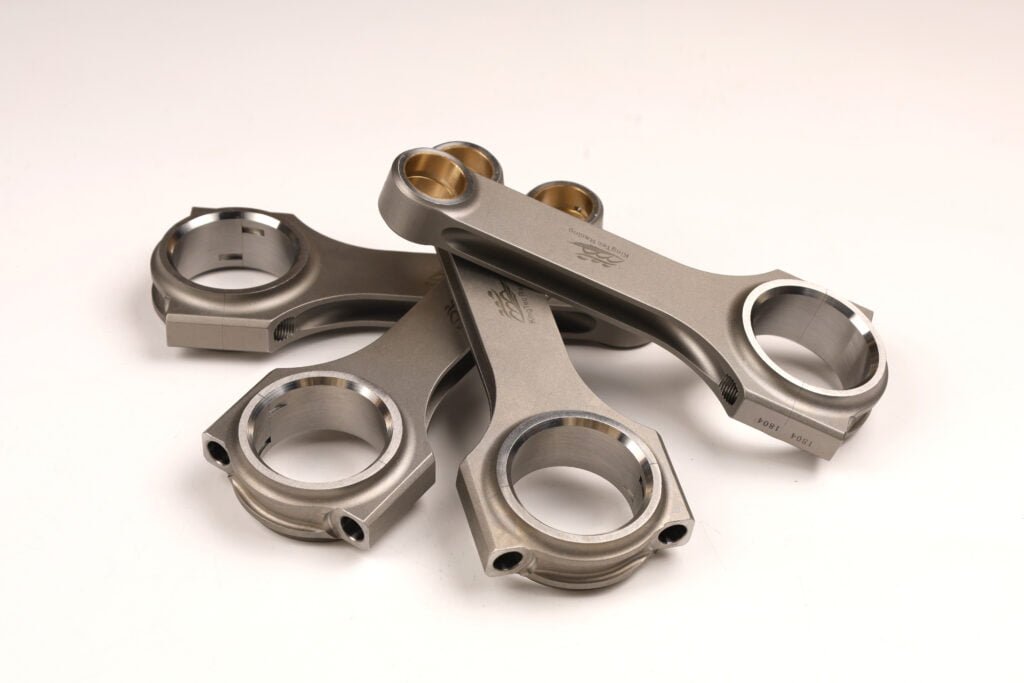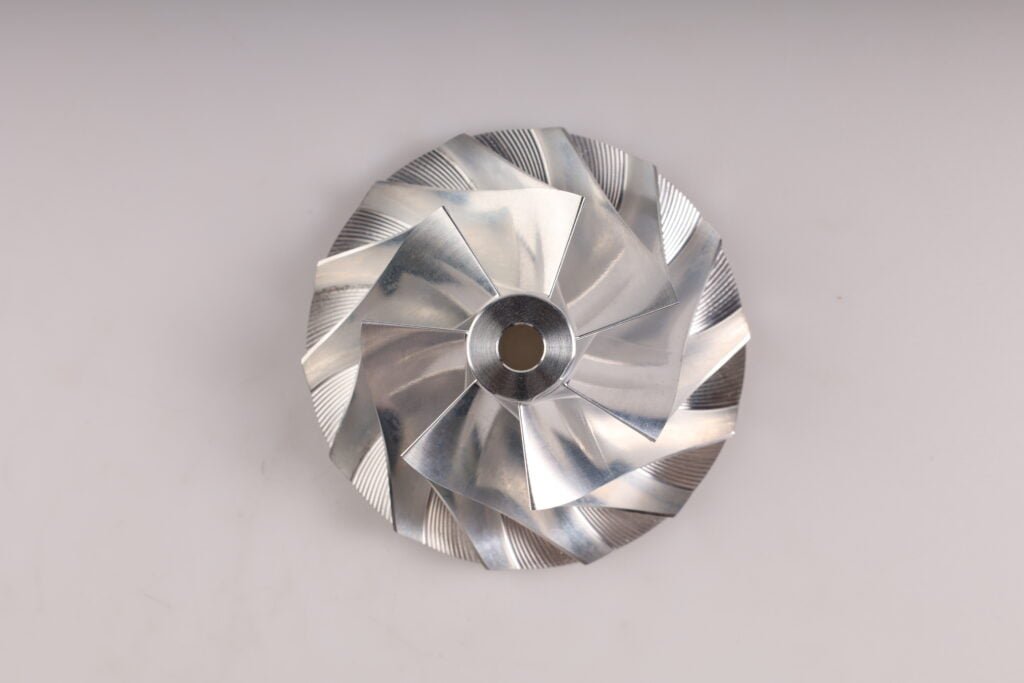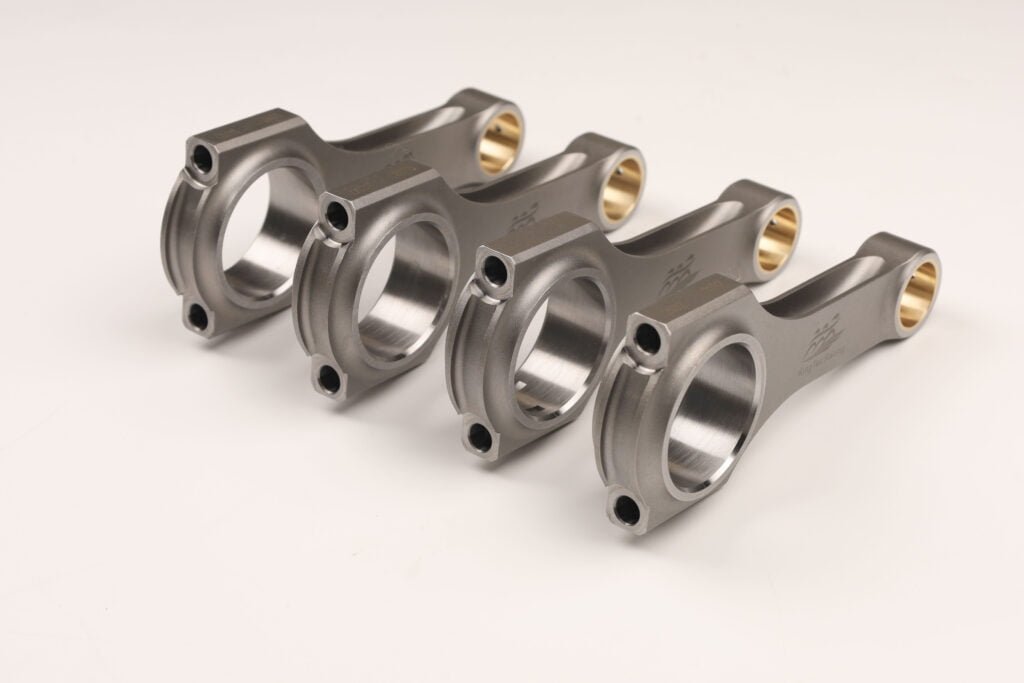When it comes to modifying or upgrading pistons, there are several important factors to consider:
- Compatibility: Ensure that the pistons you choose are compatible with your engine’s specifications, including bore size, stroke length, and piston-to-cylinder wall clearance. Improperly matched pistons can cause serious engine damage.
- Material: Select high-quality piston materials that are suitable for your intended use. Common materials include cast aluminum alloy, forged aluminum alloy, and forged steel. Each material has its own strengths and limitations, so consider factors such as strength, heat resistance, and weight when making your choice.
- Compression ratio: Modifying the compression ratio can have a significant impact on engine performance. Understand the desired compression ratio for your application and select pistons that are designed to achieve it. It’s important to consider factors like fuel octane rating, combustion chamber design, and valve timing when determining the ideal compression ratio.
- Piston design: Different piston designs offer varying benefits, such as improved combustion efficiency, reduced weight, or enhanced durability. Consider factors like piston crown shape, skirt design, and piston ring compatibility when selecting pistons for your engine.
- Balancing: It’s crucial to maintain proper balance in the engine to prevent vibrations and excessive wear. When installing modified pistons, ensure that they are properly balanced with the rest of the rotating and reciprocating components, such as connecting rods and crankshaft.
- Professional installation: Modifying pistons typically requires precision work, and it’s advisable to seek professional assistance unless you have the necessary skills and experience. Proper installation techniques, such as piston ring installation, piston-to-wall clearance measurement, and piston pin installation, should be followed to ensure optimal performance and reliability.


Is there a correlation between improved engine performance and horsepower and the compression ratio of the pistons?
Yes, there is a correlation between engine performance and horsepower and the compression ratio of the piston. Increasing the compression ratio of the piston can improve the engine’s thermal efficiency and power output. A higher compression ratio allows for more efficient combustion, leading to higher temperatures and pressures in the combustion chamber, resulting in better fuel combustion and increased energy release. However, increasing the compression ratio also presents challenges, such as the risk of engine knocking. To address this issue, higher octane fuels, advanced ignition timing, or other control techniques are often employed. Additionally, factors like cylinder head design, intake and exhaust system tuning, and ignition system performance also influence the compression ratio of the piston and collectively determine the engine’s overall performance and horsepower output. Hence, when designing and tuning an engine, the compression ratio of the piston needs to be considered in conjunction with other relevant parameters.
Remember, modifying pistons can have a significant impact on engine performance and reliability. It’s important to do thorough research, consult with experts, and follow best practices to achieve the desired results while maintaining the longevity of your engine.
Related articles
Difference between 2618 and 4032 pistons
Unleashing Watercraft Performance: A Guide to Engine Upgrades




